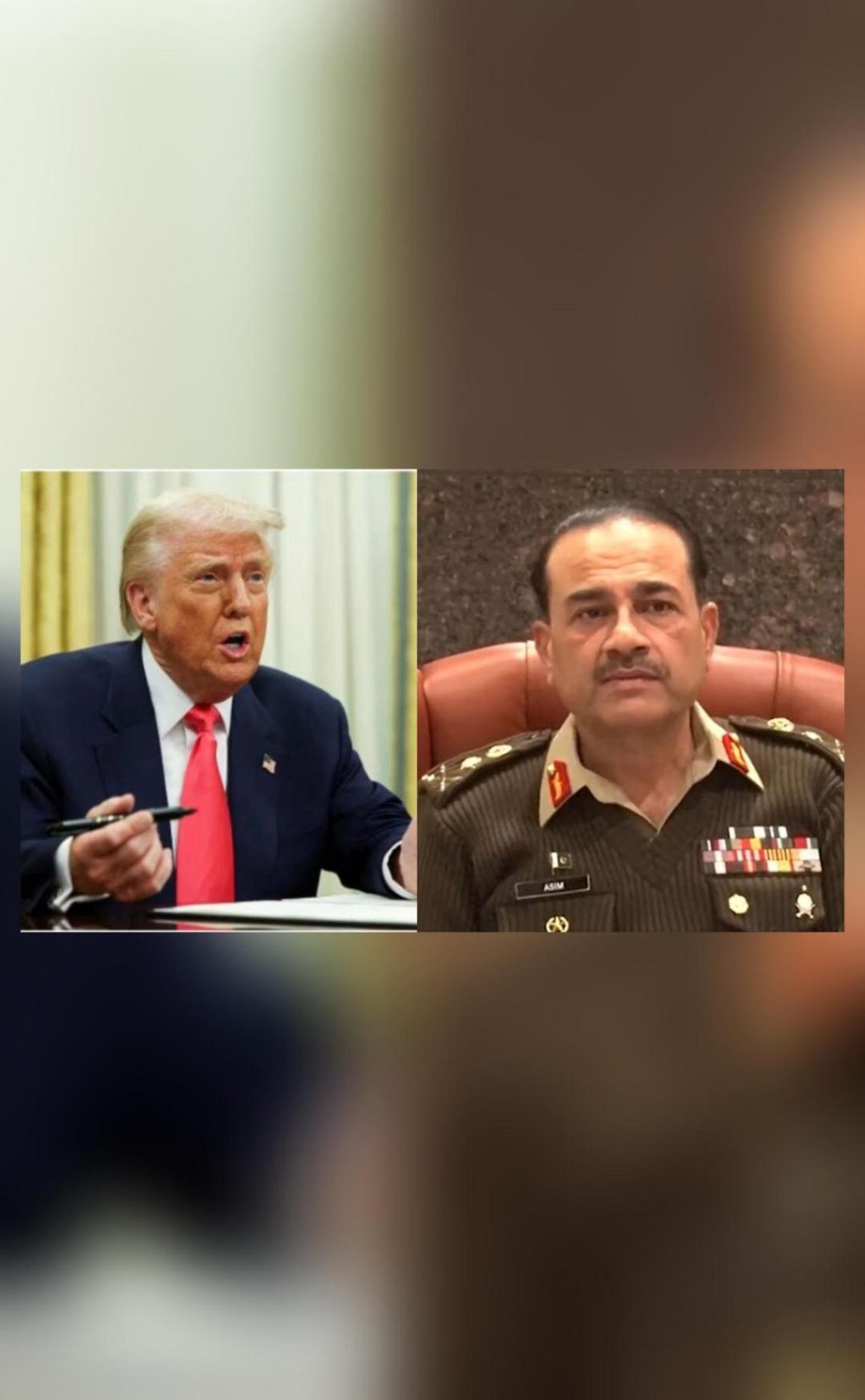
Our relations with India & Pak remain unchanged: US after Pak army chief Munir’s visit
The United States has reiterated that its relations with both India and Pakistan remain unchanged, despite Pakistan’s Army Chief, Asim Munir, making controversial statements during his recent visit to the US. Munir’s comments, which included claims that Pakistan has nuclear weapons and would take “half the world down” if they think they’re “going down” during a future war with India, have raised concerns about the region’s stability.
In response to Munir’s visit and comments, US State Department Spokesperson Tammy Bruce stated that the US’ relationship with India and Pakistan remains unchanged – good. She emphasized that the diplomats are committed to both nations, indicating that the US is committed to maintaining positive relations with both India and Pakistan.
Munir’s comments during his visit have been seen as a threat to regional stability, particularly given the ongoing tensions between India and Pakistan over the disputed territory of Kashmir. The two countries have a long history of conflict, including several wars, and the situation remains tense.
The US has a delicate relationship with both India and Pakistan, with close ties to India in terms of trade, defense cooperation, and strategic partnership, while maintaining a relationship with Pakistan based on mutual interests and security concerns.
Pakistan’s Army Chief, Asim Munir, was in the US for a week-long visit, which included meetings with US officials, military leaders, and lawmakers. During his visit, Munir claimed that Pakistan has nuclear weapons and would take “half the world down” if they think they’re “going down” during a future war with India.
Munir’s comments have been widely criticized, with many seeing them as a threat to regional stability and international security. The US has long been concerned about the security of its allies in the region, particularly in the context of India-Pakistan tensions.
The US has a long history of involvement in the region, with a significant military presence in Afghanistan and close ties to India. The US has also provided military aid to Pakistan in the past, although the relationship has been complicated in recent years due to concerns about Pakistan’s support for terrorist groups.
Despite Munir’s comments, the US has reiterated its commitment to maintaining a positive relationship with Pakistan, while also emphasizing the importance of regional stability and security.
In a statement, the US State Department said, “The United States values its relationship with Pakistan and recognizes the importance of cooperation on issues such as counter-terrorism, non-proliferation, and regional stability.”
The statement also emphasized the importance of de-escalation and dialogue in resolving tensions between India and Pakistan, saying, “We urge India and Pakistan to exercise restraint and engage in dialogue to reduce tensions and prevent escalation.”
The US has a significant stake in maintaining regional stability, particularly given its economic and strategic interests in the region. The US is one of India’s largest trading partners, and the two countries have a significant defense partnership.
The US has also been involved in efforts to resolve the Kashmir dispute, with a focus on promoting dialogue and confidence-building measures between India and Pakistan.
In recent years, there have been several incidents of violence along the India-Pakistan border, including the beheading of an Indian soldier and the killing of several Pakistani soldiers. The situation remains tense, with both sides accusing each other of aggression.
Despite the challenges, the US remains committed to promoting peace and stability in the region, with a focus on promoting dialogue and cooperation between India and Pakistan.
In conclusion, the US has reiterated that its relations with both India and Pakistan remain unchanged, despite Pakistan’s Army Chief, Asim Munir, making controversial statements during his recent visit to the US. The US is committed to maintaining a positive relationship with both countries, while also emphasizing the importance of regional stability and security.



